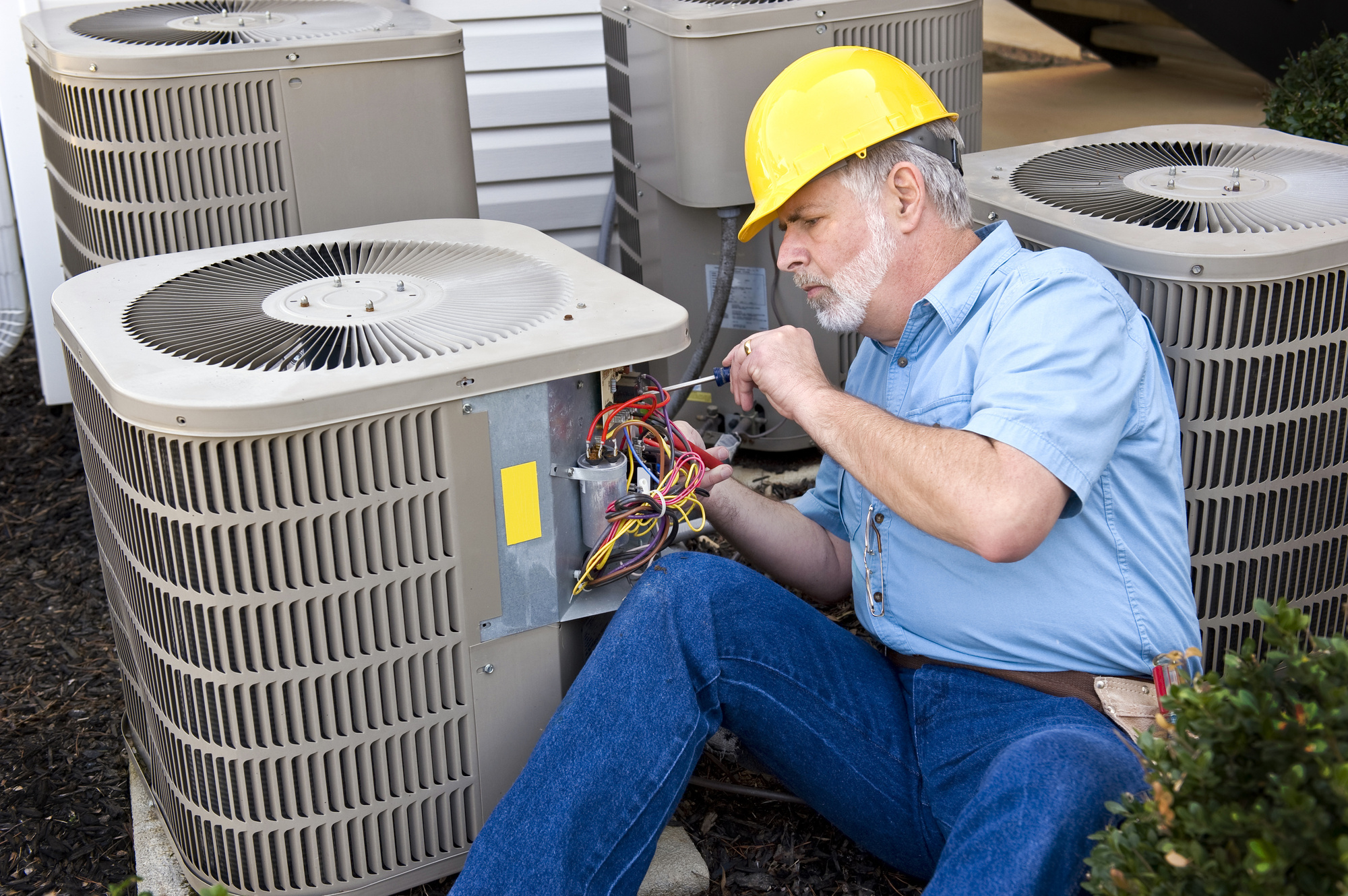Have you started noticing messy puddles under your AC unit? If so, your first move should be to turn it off and diagnose the problem.
Sure, your AC can still work even when leaking water. That said, it won’t be as efficient—and the issue will only get worse. Oftentimes, an AC leak is already an indicator of severe damage to internal components.
As for why your AC is leaking, there are plenty of possible causes. Here are the five most common offenders and how to deal with them.
1. Condensation Buildup
Condensation buildup occurs when warm air reaches the cold surface of air ducts. If the ducts aren’t insulated well, this can lead to condensation. Condensation buildup is most common in high-humidity weather.
The easiest way to prevent condensation buildup is to insulate your ductwork. If it’s already insulated, check for damage and repair it. If the ductwork passes through your attic, you’ll need to insulate the attic as well.
2. Damaged Drain Pan
You’ll likely find the drain pan under your AC unit’s evaporator coils. Its purpose is to lead water into the drain line and then outdoors. If your air conditioner has a damaged drain pan, you’ll start seeing leaks.
This is a common issue in units that are nearing the end of the lifespan. Depending on the extent of damage, you can seal the drain pan or replace it. Contact an air conditioner repair service to figure out the best solution.
3. Clogged Condensate Drain Line
During the dehumidification process, your AC collects moisture that contains debris. Over time, this debris can accumulate and cause a blockage. As a result, your unit will start spilling water out of the drain pan.
Modern AC units have a cutoff switch that prevents this issue. If the switch detects a clogged condensate drain line, it will shut the unit down. Otherwise, cleaning the drain line should be part of your AC maintenance routine.
4. Frozen Evaporator Coils
Evaporator coils are a key part of the indoor unit. They can freeze up due to refrigerant leaks or something blocking the airflow. That can lead to excess moisture buildup, which will cause the drain pan to start spilling water.
If you’re dealing with a blocked airflow, cleaning the air filters should solve the issue. Your unit may also be low on refrigerant, which you can’t fix by yourself. Click here to contact the professionals who will refill it for you.
5. Incorrect Installation
If your leaky AC is still new, there’s a chance it wasn’t installed properly. For instance, if the unit isn’t leveled, it can spill water. The same will happen if your AC unit and drain pipes aren’t proportional.
If your unit isn’t on a flat surface, use an AC pad to balance it. For a window AC, make sure to tilt the unit backward by about 3-5°. That will allow the condensation to leak out instead of causing spills in the house.
What to Do If Your AC Is Leaking
Once you know why your AC is leaking, fixing the issue shouldn’t be too hard. If you still can’t determine the cause of leaks, have an HVAC technician look at the unit. For best results, do it as soon as possible.
Interested in learning more about the benefits of AC maintenance? Keep reading our HVAC-related content!


